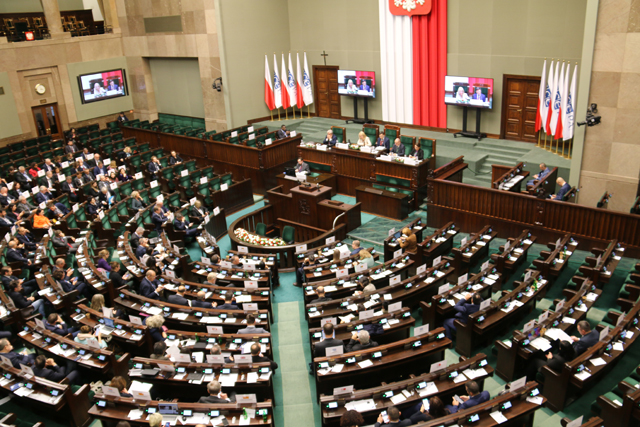OSCEPA AUTUMN SESSION 24-25.11.2022
SESSION 2
Madam President, dear colleagues
The war in Ukraine is a shocking humanitarian crisis. My thoughts are with the Ukrainians and all who suffer because of war.
War also has an impact on the environment which can be seen very concretely in Ukraine. The country of huge environmental diversity is home to tens of internationally significant wetlands. All this is under threat as acts of war raise the risk of forest fires and toxic waste of ammunition pollutes important water sources. The environment suffers from the effect of tanks, broken war machinery and even nuclear waste. In addition to human suffering, the environmental impact of war will have far reaching consequences.
The environmental impact of war is not limited to Ukraine’s borders. As countries are struggling to ensure energy security the temptation to water down emission targets and climate change measures increase.
In Finland the war in Ukraine increases logging as forestry companies must seek alternatives to Russian wood to cover for the lack of wood chips as an energy source. We can also see a shift in Finland’s peet policy. This is very unfortunate, as peet is known to have dire effects on the climate and the environment: it increases emissions. It is evident that the energy crisis forces us to find alternative energy sources, but we must not do this at the cost of cutting emissions and fossil fuels.
Ensuring energy security and tackling climate change are two problems with one solution: sustainable renewable energy. Developing renewable energy source such as solar and wind power are the best ways forward in reducing greenhouse gases. All investments should now be directed towards these technologies at the same time as we should encourage energy efficiency and saving.
We need a peaceful resolution to this war. Only through peace can we build a tomorrow where people and nature live in harmony.

